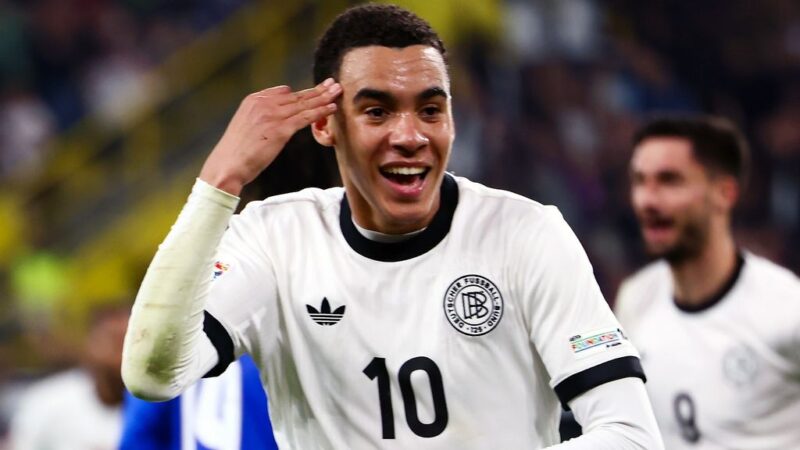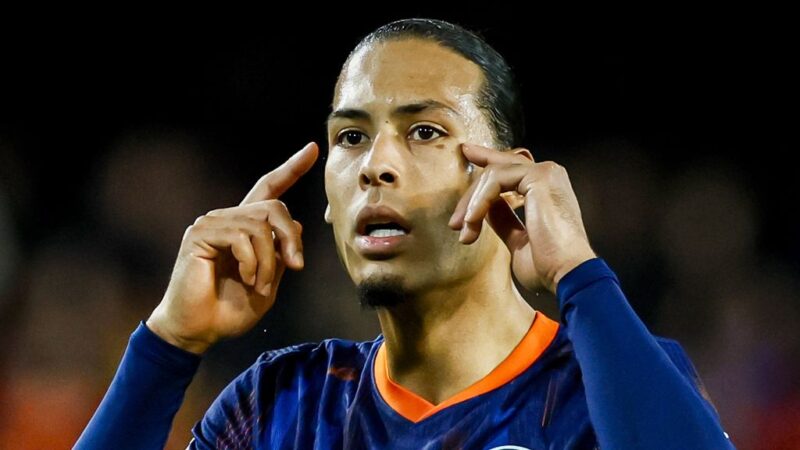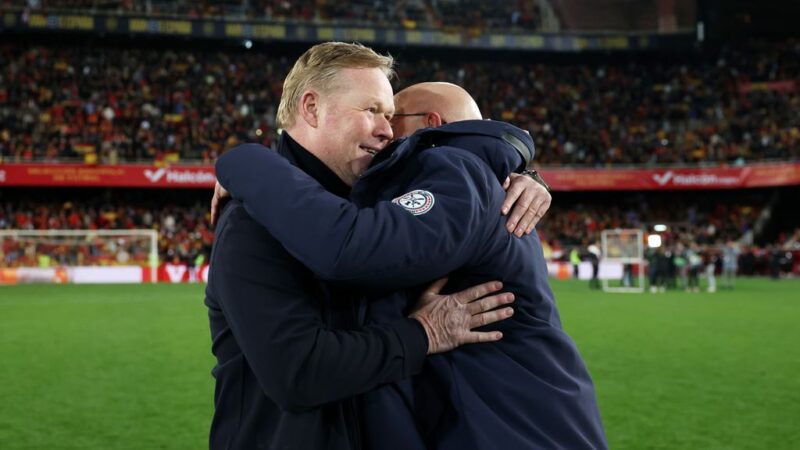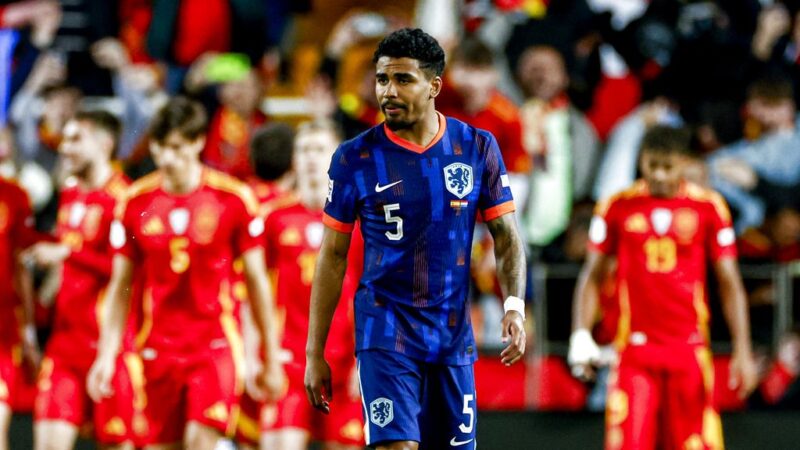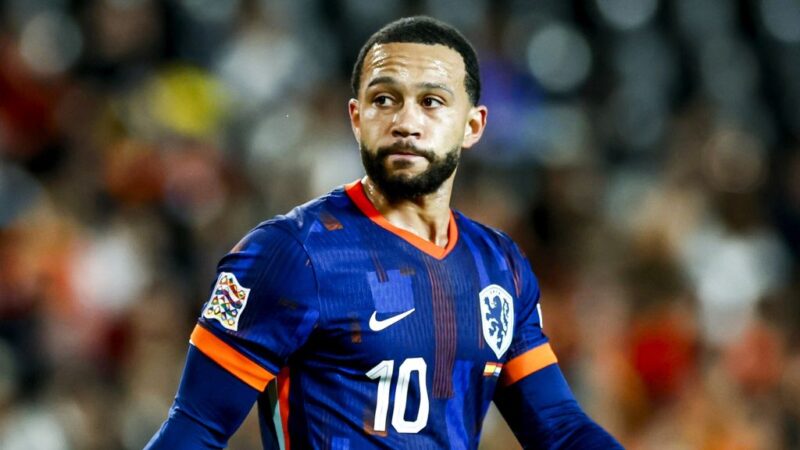Orange dominates under-17 ECs, but ‘that doesn’t say you’ll be good later’
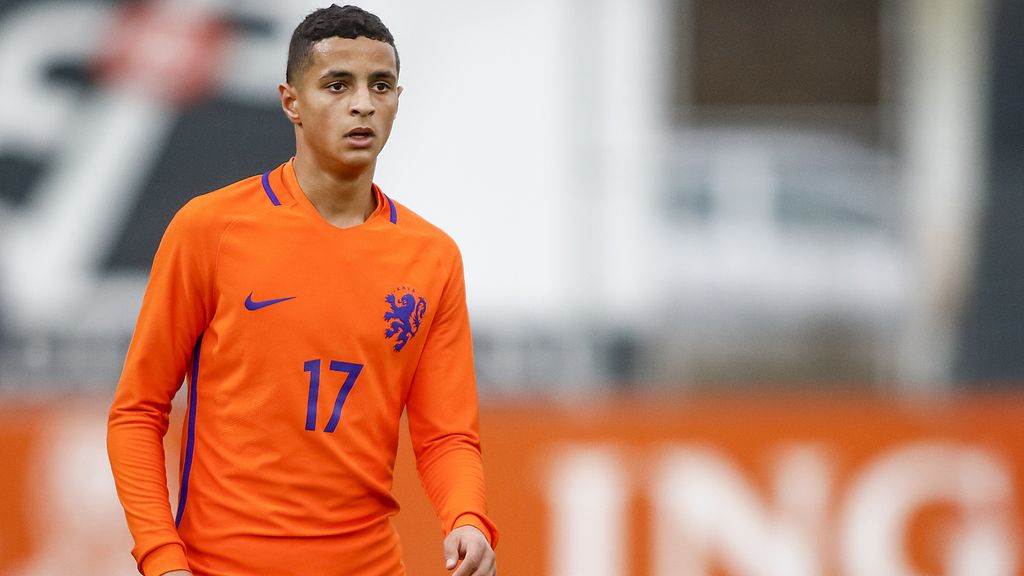
NOS Soccer–
-
Thierry Boon
editor of NOS Sports
-
Thierry Boon
editor of NOS Sports
Memphis Depay, Kenneth Taylor, Nathan Aké, Ryan Gravenberch. All four became European champions with their Orange line-up in the under-17 category. The Netherlands was the best in 2011, 2012, 2018 and 2019.
It is now the newest batch’s turn to show it. The Dutch kick off the European Championship at 3 p.m. in Debrecen, Hungary, against Switzerland under 17, an age category in which the Netherlands is thus remarkably good, with four final wins in the last 12 years. How does that come about? And more importantly, what will you gain in the long run?
It is shortly after the 2018 Youth European Championship when national coach Kees van Wonderen invites his European champions to a meeting where Daan Disveld addresses the group. Disveld in 2011, in a group with Depay, Karim Rekik and Jetro Willems, had been allowed to lift the European Cup as captain.
But instead of being a soccer millionaire, Disveld became a landscaper. At 29, normally the best years for a player, he came out for the amateurs of DOVO from Veenendaal.
“With that we wanted to indicate that making it to professional soccer is not for everyone. Just because you become European champion doesn’t mean that you will be among the best footballers later on,” says Van Wonderen, who will prolong his title in 2019 as Peter van der Veen’s assistant.
Van Wonderen: “It’s an intermediate position, not a final position. At that point you are among the most talented players in Europe. The win doesn’t say anything else. At that age they all think they are going to play at Barcelona or Real Madrid, but it offers absolutely no certainty about the rest of your career.”
Why is the Netherlands under 17 so good?
Art Langeler is director of soccer development at soccer association KNVB during those years. According to him, Holland’s success in that age category has two causes. “Of course we are a real training country here, with a lot of attention to young players,” he begins.
“In the Netherlands we ask a lot from the players themselves, so that they think of something themselves and that they become creative. Abroad you see more often that there is a tactical concept, where the trainer decides everything for the talents.”
Point two: “In our youth selections we see many boys of Antillean, Surinamese and sometimes African descent. They are very athletic and physically highly developed at a young age. That is an important factor in that age group,” Langeler said.
If you pick up the selections of yesteryear, you will see – besides the players in the beginning of this article – many names that broke through later: take Tonny Vilhena (Salernitana), Yassin Ayoub (Excelsior), Riechedly Bazoer (AZ), Branco van den Boomen (Toulouse), Jurriën Timber (Ajax), Crysencio Summerville (Leeds United) and Brian Brobbey (Ajax).
But there are also plenty whose names have barely been heard of on the soccer field. After all, who knows where Boy de Jong, Joris Voest, Bram Franken and Bob Schepers play anno 2023?
It shows that despite a European title, things could still go many ways, Van Wonderen knows. “Take Daishawn Redan, in 2018 my captain. He was a top talent, but now plays in Serie B.”
Van Wonderen: “With Redan, a lot happened in a short time both privately and athletically. He went from Ajax to Chelsea and that is not always easy. Not everyone turns out to be able to keep developing. Take Mo Ihattaren. A mortal sin.”
Gravenberch and Van Persie
Every soccer player walks his own path and naturally encounters bumps in between. Sometimes the penny doesn’t drop and sometimes it does, Van Wonderen explains. “The best example I think is Ryan Gravenberch.”
“He had a lot of talent, but for a long time I thought it wasn’t going to be anything with him. He was way too easy and didn’t challenge himself. But at some point he did make the move, when he joined Ajax’s first team and learned from the players around him.”
Van Wonderen also cites another example from his own time as a soccer player at Feyenoord. “With us, Robin van Persie came up. Who also thought he was immensely good, but then he went to Arsenal at a young age, saw what players like Dennis Bergkamp did for them and his eyes opened.”
According to Langeler, that’s what it’s also about at that age. “The programs we made then were not only about winning or losing, but also about the realization that they are at the beginning of maybe a career at a top international club, but maybe also just with the amateurs.”
Langeler says that back then at the association they also had a lot of speakers flown in and organized workshops to get that message across to the talents. “At that age, saturation can strike precisely. Boys of sixteen, seventeen years old who sign a contract abroad and suddenly earn half a million.”
To add, “Then just try to maintain the right motivation.”
Frenkie as an example
Winning the European Under-17 Championship. It’s an ultimate experience. A learning adventure. A nice boost. But also no more than that so really. “It shows that you have a very good chance of making soccer your job,” Langeler said.
But in that, of course, you have gradations from MVV to Manchester United. And if you are not yet part of the national selection at that age, it does not say everything, Langeler also knows.
“Frenkie de Jong was not in the picture at Under 17 at the time and is now proving that he can become one of the greatest Dutch footballers ever.”
Watch the End Signal column here about Bob Schepers, who was in the 2009 Netherlands squad that lost the European Championship final:
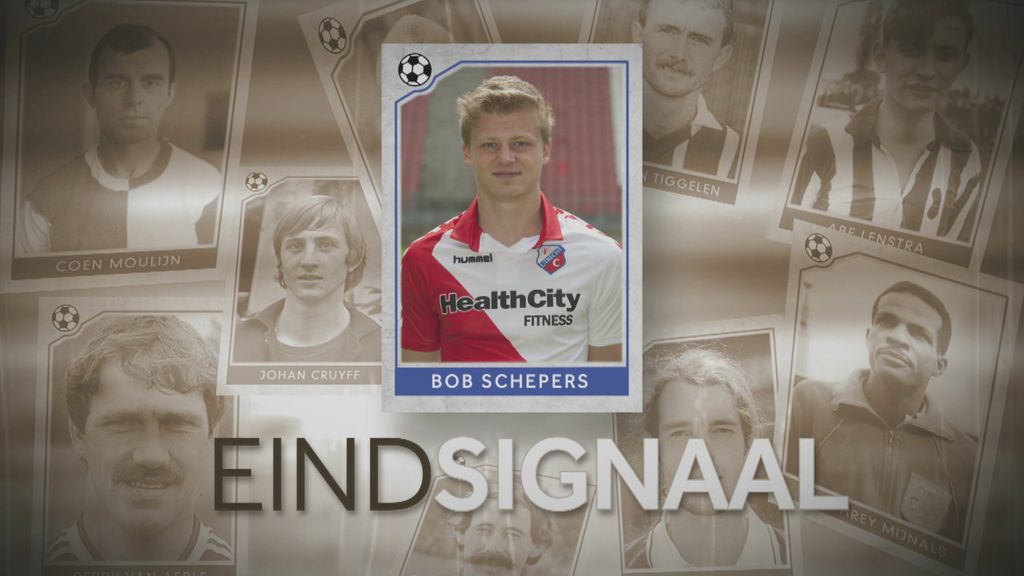
End signal: Bob Schepers
